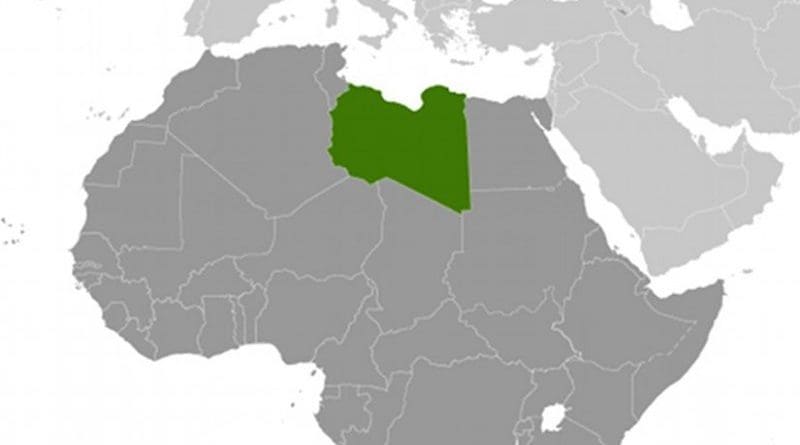Libya: EU Sends Envoys To Rebel Capital
By EurActiv
The European Union sent envoys to the rebel-controlled Libyan city of Benghazi on Tuesday (5 April), as part of efforts by Western countries to establish better contacts with Muammar Gaddafi’s opponents.
The mission, led by Agostino Miozzo, a high-ranking diplomat from Catherine Ashton’s European External Action Service, is in Benghazi today and will hold talks with various opposition groups, the Transitional National Council and NGOs, Ashton’s spokesperson said on Tuesday.
France has already sent a special envoy to Benghazi, the rebel headquarters, and Italy’s foreign minister, Franco Frattini, met a senior member of the Rebel Council on Monday.
However, other EU countries have warned against recognising the rebels in Benghazi, and claimed that states recognise states, not opposition movements.
Asked by EurActiv to name concretely whom exactly Miozzo’s team was going to meet, Ashton’s spokesperson, Michael Mann, did not provide further details.
International media reported internal divisions over leadership within the Libyan opposition. Disputes and lack of discipline are reportedly damaging the stand-off with forces loyal to Gaddafi.
Evacuees from Misrata, the rebels’ last major stronghold in western Libya, were quoted by Reuters as describing the city as “hell”. They said Gaddafi’s troops were using tanks and snipers against residents, littering the streets with corpses and filling hospitals with the wounded.
Rebels to start selling oil?
Paolo Scaroni, chief executive of Italian energy group ENI, is reportedly discussing energy cooperation with the rebels. Until the recent unrest, Italy got 25% of its oil and 13% of its gas from Libya, a former Italian colony.
Libyan rebels are expected this week to sell the first tankerful of crude since the civil war broke and the UN adopted an oil and arms embargo against Libya. According to Reuters, Equator, a tanker which can carry up to one million barrels of oil, was expected in the rebel-held east Libyan port of Marsa el Hariga today.
Since February, the UN has imposed an oil embargo, preventing oil sales, and an arms embargo, banning the sales of weapons to Libya. But the Commission explained that the oil embargo was aimed at preventing the proceeds from oil sales to reach Gaddafi’s regime.
“If revenues don’t reach the Gaddafi regime, we see no problems,” said Ashton’s spokesperson Mann.
He also said that the arms embargo covered the whole country, meaning that governments or firms had no right to sell weapons to the rebels.
Gaddafi says the rebel surge is being fuelled by Islamist radicals and Western nations who want to control Libya’s oil.

